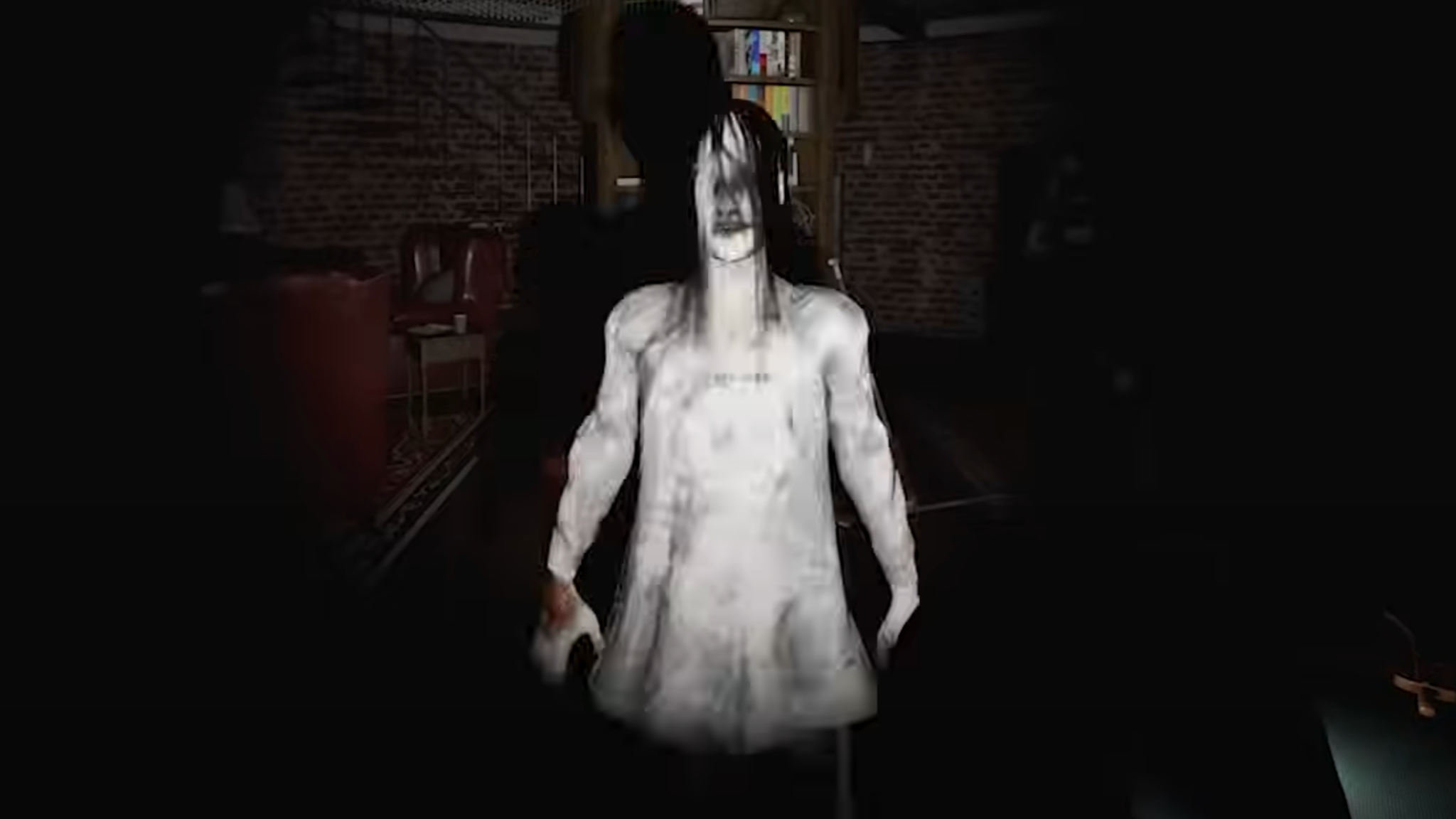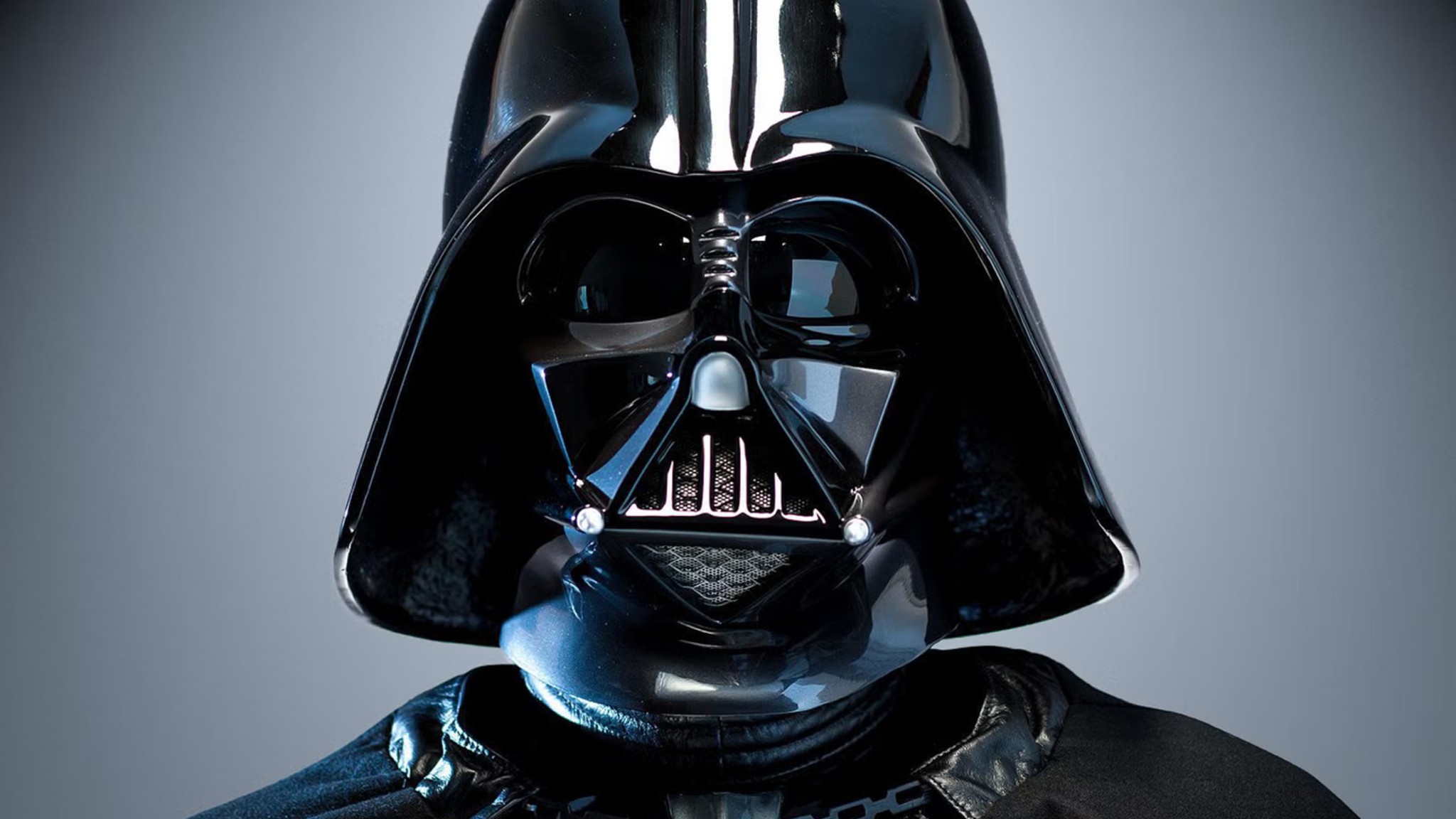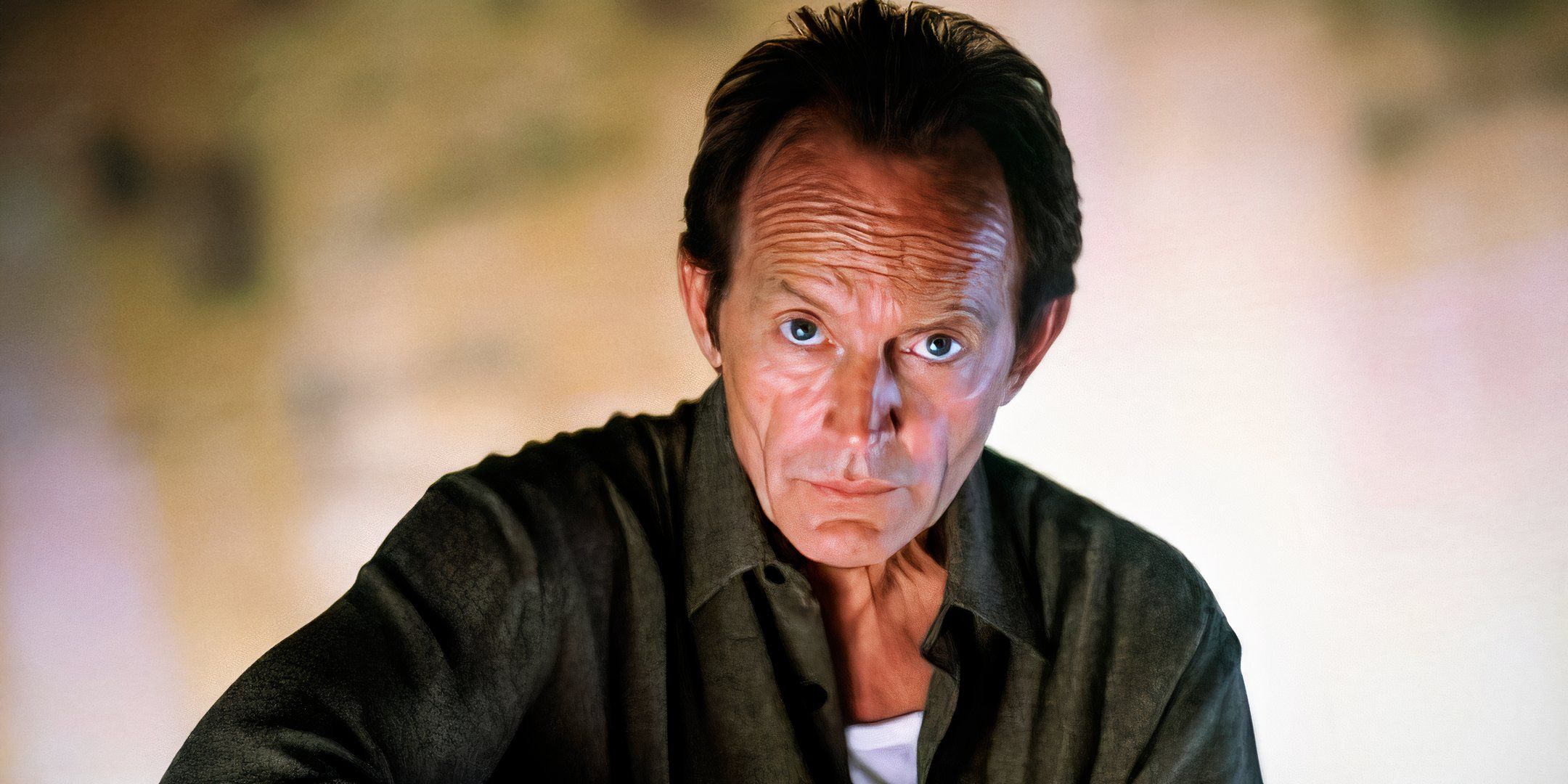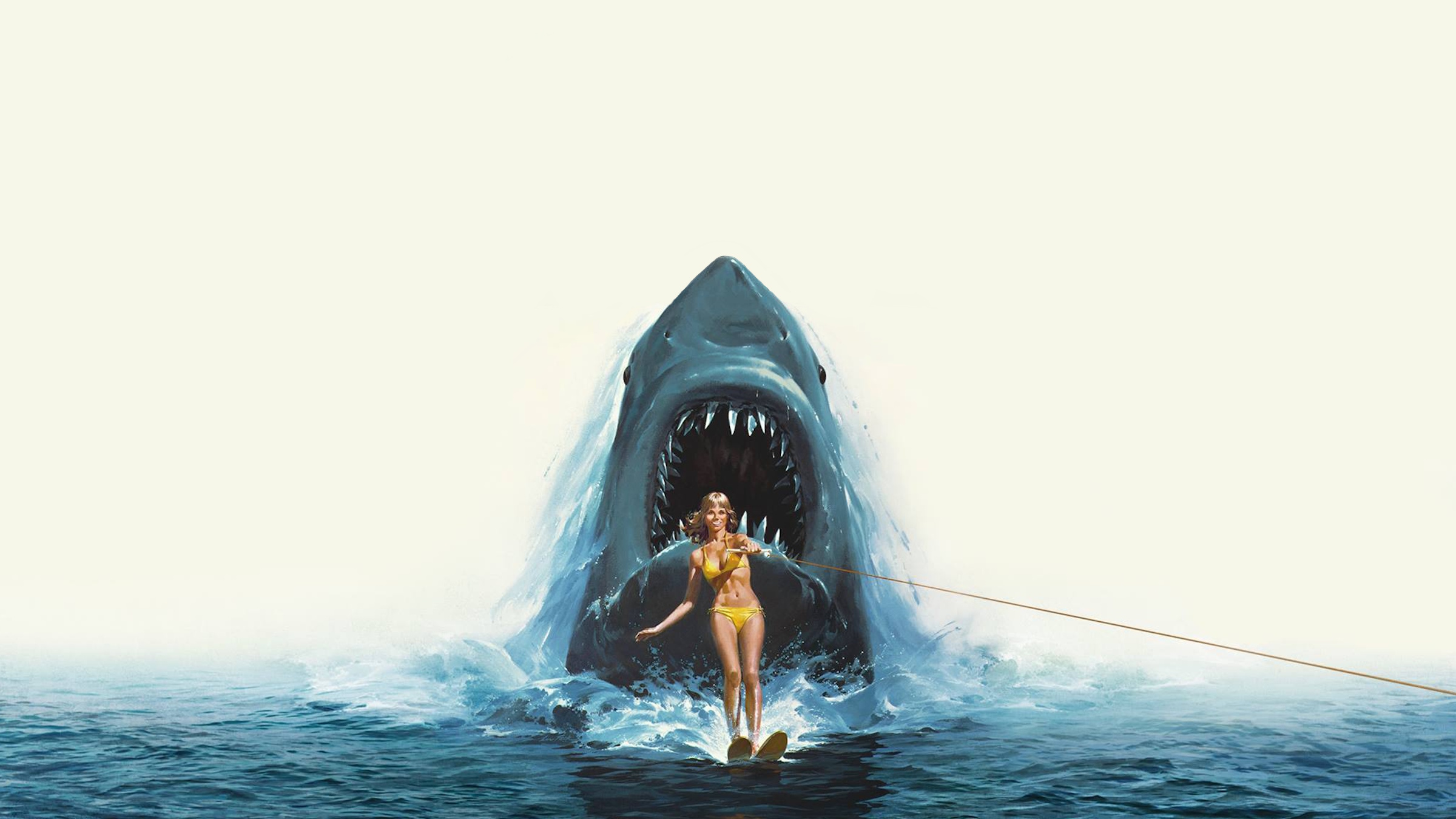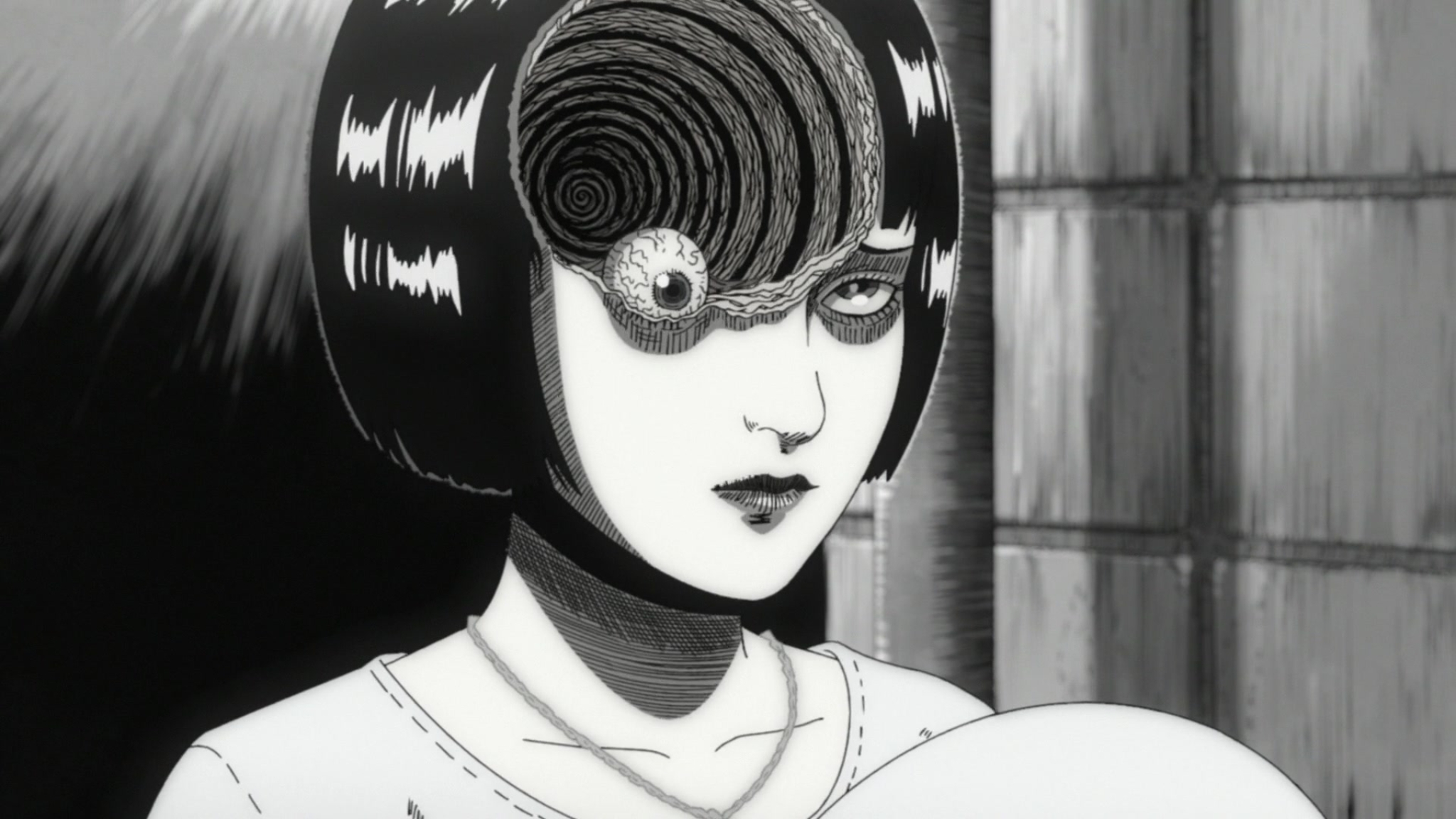23 Awesome Toys and Collectibles for the New How to Train Your Dragon Fan

Regardless of whether you’re captivated by the characters, the villain, or everyone’s favorite dragon Toothless, this collection has something that will likely pique your interest. It includes various items like clothes, wallets, backpacks, and plushies for a stylish touch, and if you’d like to incorporate some dragon-themed decor into your home, we have plenty of options available. For gaming enthusiasts, there are new titles to explore, and for those who want to relive the adventure post-movie, there are choices galore. Let’s kick things off with an exploration of the toys and action figures, which really outdid themselves.
